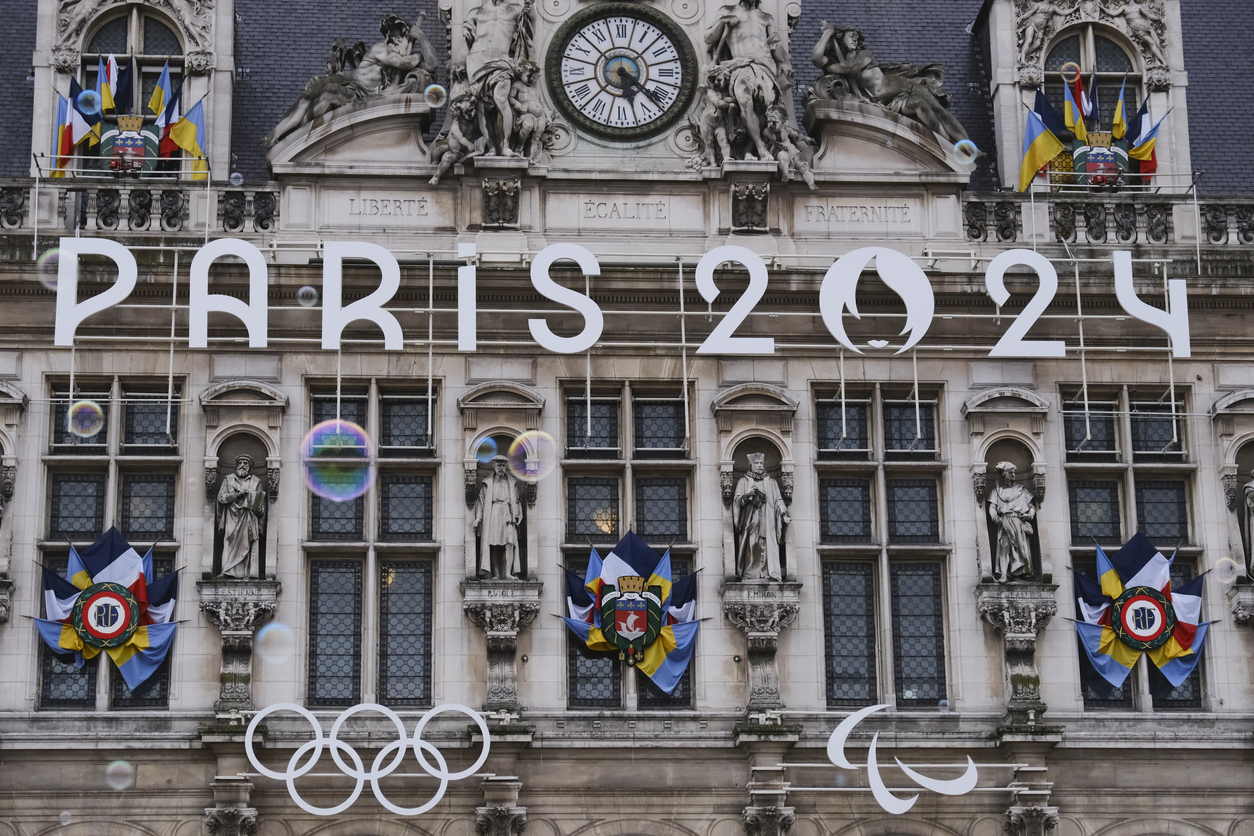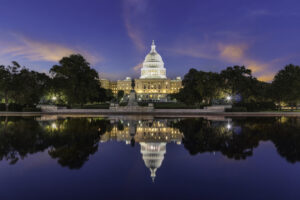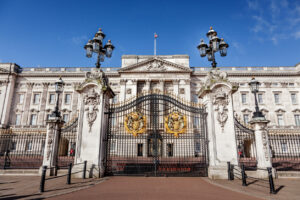The Scoop: ‘Last Supper’ depiction at Olympics Opening Ceremony spurs controversy, apology
Plus: Delta’s disaster may not hurt long-term; Harris energizes liberal meme-makers .

The Olympics Opening Ceremony is one of the most closely watched spectacles in the world. It’s a chance for the host nation to share who they are, what they value and what they choose to project.
The city of Paris and nation of France certainly took that opportunity on Friday. The games’ opening images included athletes floating down the Seine on barges, beheaded Marie Antoinettes singing while metal music shredded and the French-Canadian Celine Dion making an emotional return to the world stage.
But the most talked-about moment of the ceremony was a complex scene that combined a blue-painted depiction of Dionysus, drag queens, dancers and a tableau that hearkened to Leonardo da Vinci’s “The Last Supper.”
It was presence of drag queens and other queer performers in a scene that holds importance to Christians around the world made the moment an instant lightning rod, with everyone from Catholic bishops to Elon Musk to far-right French politician Marion Maréchal-Le Pen condemning the performance, according to The Wall Street Journal.
“There was never an intention to show disrespect to a religious group. If people have taken any offense, we are, of course, really sorry,” a Paris Olympics spokesperson said.
“The idea was not to be subversive—I wanted to send a message of love, of inclusion,” said Thomas Jolly said, artistic director of the spectacle. “We wanted to include everyone, as simple as that.”
Why it matters: Hosting a ceremony that seeks to include and affirm every human being in the world while planting a flag on the values of a host nation is a tall order.
Cultural understanding and context can change depending on where the viewer themselves is located. While drag queens are a hot-button topic in the United States right now, their place in the host country is very different. France has a long and complex history with the Catholic church and holds religion in public life with much more skepticism than some other nations, including the United States.
Still, it’s hard to believe that Jolly didn’t foresee that including drag queens in this particular, religious-adjacent context wouldn’t ruffle a few feathers.
When your audience is the entire world, it’s impossible to make everyone happy. There was always going to be some part of the ceremony that a segment of the population would find objectionable. And it isn’t always bad to plant a flag strongly for what you believe in, even if everyone doesn’t like it.
Ultimately, the Opening Ceremony is a declaration of the politics and values of the host nation. It’s up to the French to decide if the ceremony truly did that. And it’s up to the individual viewer to decide if they’ll choose to skip watching the Olympics this year in response to what France showed the world.
So far, however, things are looking solid for the Olympics, with nearly 29 million people tuning in for the Opening Ceremony in the United States alone.
Editor’s Top Reads:
- It’s sometimes said that something isn’t a crisis unless it impacts your bottom line. While we’ve extensively covered Delta’s meltdown that left travelers stranded long after other airlines were flying normally, it’s still unclear that the crisis will have any long-term impact on who chooses to fly with the airline. An article from CNN notes that after Southwest suffered a similar disaster in 2022, it suffered just two months of decreased bookings before travelers returned. And just last quarter, Southwest posted record revenue and traffic. And it’s likely the same will be true of Delta: a short-term dip followed by travelers eventually returning because there simply are only a few options to fly travelers where they want to go. The situation at Delta will continue to reverberate through government investigations for months, or years, to come. But even in the darkest moments, crises usually end—and they don’t have to be brand-defining with the proper communications and recovery.
- Liberal meme-makers are enjoying a renaissance brought about by the presumptive ascension of Kamala Harris to the top of the Democratic ticket. After years of waning interest and lackluster “Dark Brandon” meme remixes, progressive social media pages are seeing a surge of new interest. One Facebook page, recently renamed “Ridin’ with Kamala,” saw engagement increase five-fold in the week since Harris entered the race, The New York Times reported, bolstered by memes about brat and coconuts. Still, columnist Kevin Roose says most of the Democratic digisphere is cautious: “Swing-state independents won’t necessarily be swayed by coconut tree memes, just as most of them were indifferent (at best) to the frog memes and YouTube supercuts that accompanied Mr. Trump’s first campaign in 2016.” Still, the new rush of digital energy is a change of pace for Democrats, and a reminder of the power that a fresh new face can offer for a brand – in this case, the Democratic Party itself.
- Consumers continue to pinch pennies and pull back on even beloved purchases like Big Macs. McDonald’s missed its earnings estimates and reported same-store sales declines across divisions, CNBC reported. The softness is blamed in large part on cost-conscious consumers who no longer see fast food as a good deal compared to other meals in the marketplace. We’ve seen similar warning bells from other low-cost brands like Pepsi, which have already announced price cuts. McDonald’s light at the end of the tunnel is cheaper food: The brand intends to extend its $5 meal deal in the hopes of luring customers back to their stores. It’s time to get your comms in order to appeal to these over-taxed consumers.
Allison Carter is editor-in-chief of PR Daily. Follow her on X or LinkedIn.







